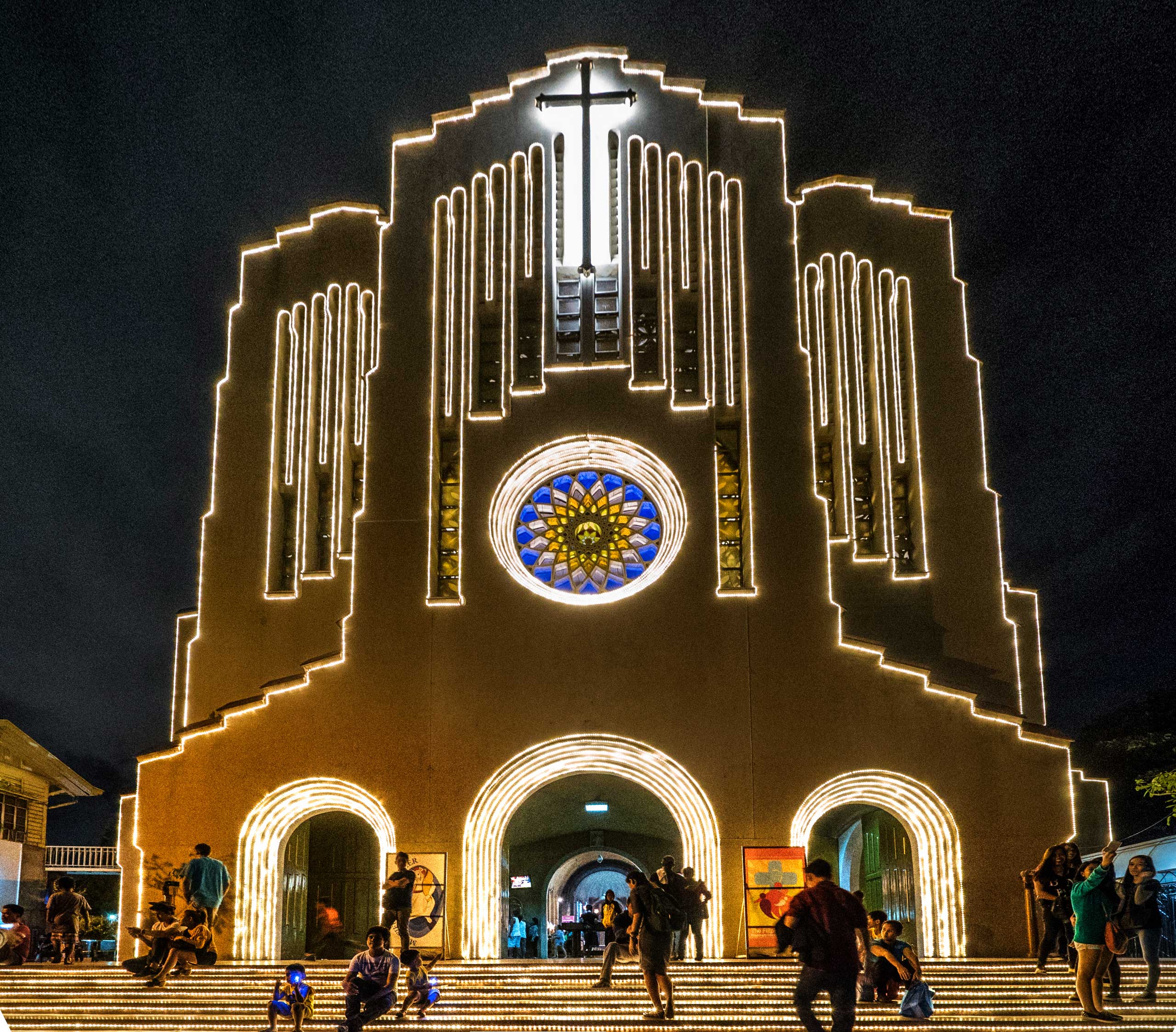
(For an audio version of this reflection, click here.)
For most of us, Christmas is the happiest time of the year. As early as September, we feel a profound feeling of joy.
But the sad reality of our lives, continue to dampen the joy of Christmas. Especially this year, because of the pandemic, many lost their jobs, many are hungry, homeless and abandoned. Many are worried and uncertain about the future, not to mention the continuous inequality, injustice, oppression and violence inflicted upon the poor and powerless. Thus, for many people, to celebrate Christmas is a tough challenge. As Redemptorist Fr. Oli Castor sings,
‘How can I possibly sing a joyous Christmas song when there’s so many people who know not where they belong?’
Every year, Christmas is becoming tougher and tougher a challenge. How can we celebrate the joy of Christmas amidst the suffering, agony and uncertainty of our lives? The saddest thing to happen is to experience sadness and despair during Christimas. Erasing joy out of Christmas is, indeed, one of the greatest misery of our lives.
Today’s third Sunday of Advent is called Gaudete Sunday. The word for rejoice in Latin is gaudete. The Church boldly exhort people on this Gaudete Sunday, ready or not, to rejoice. The joy that the church exhort the people is not, however, cheap and superficial joy. It is not an escapist joy that numbs us and forgets all about the pain and sorrow in this life.
The joy of Christmas, which is rooted in God who dwelt amongst us, is not the fleeting joy that serves as an escape from the sad reality of our lives, which sadly has been the scourge for many of our people come every Christmas. It is rather the profound joy borne out of God’s immersion into the messiest and muddiest experiences of our humanity.
The readings of today’s Gaudete Sunday elaborates on this Christmas joy. In the first reading, the prophet Isaiah had a taste of this most profound joy as he exclaimed, “I rejoice heartily in the Lord,” And what are the elements of this most joyous of all joys? The prophet announces the glad tidings:
The spirit of the Lord GOD is upon me,
because the LORD has anointed me;
he has sent me to bring glad tidings to the poor,
to heal the brokenhearted,
to proclaim liberty to the captives
and release to the prisoners,
to announce a year of favor from the LORD
and a day of vindication by our God.
The glad tidings that the prophet proclaimed are acts of liberation which God will accomplish among his people. This fulfillment happened when God came down from heaven and became man. Indeed, Jesus quoted this particular verse from Isaiah and made it as his own mission statement at the beginning of his public ministry (Luke 4:14-21). Jesus’ inaugural mission address in his hometown synagogue is, therefore, the source of our greatest joy. Our greatest joy which in Advent we earnestly looks forwards to is the liberating mission of God which Jesus inaugurated and enacted during his life on earth. The final fulfillment of Jesus’ mission which is our greatest joy will happen upon Jesus’ return in glory.
In the gospel today, John the Baptist appeared to the people as a sign. John the Baptist told the people that he is not the light but he is only pointing them toward the light who will be here soon. The gospel of John narrates,
A man named John was sent from God.
He came for testimony, to testify to the light,
so that all might believe through him.
He was not the light,
but came to testify to the light.
We can truly experience the joy of Christmas if we become like John the Baptist. We can become like John the Baptist only if we have the humility to accept that we are not the light. We are merely signs that points towards the light. A sign is simply an object that points to something else greater than itself. As signs, we fulfill our lives by pointing to the greatest mystery of God’s kingdom unfolding in our everyday lives. As signs, we offer our lives for the greater joy of those we love and for a greater cause other than ourselves.
St. Paul sums it for us,
“Rejoice in the Lord always; again I say, rejoice. Let your forbearance be known to all, for the Lord is near at hand; have no anxiety about anything, but in all things, by prayer and supplication, with thanksgiving, let your requests be known to God”
(Philippians 4:4–6; Psalm 85: 1).


